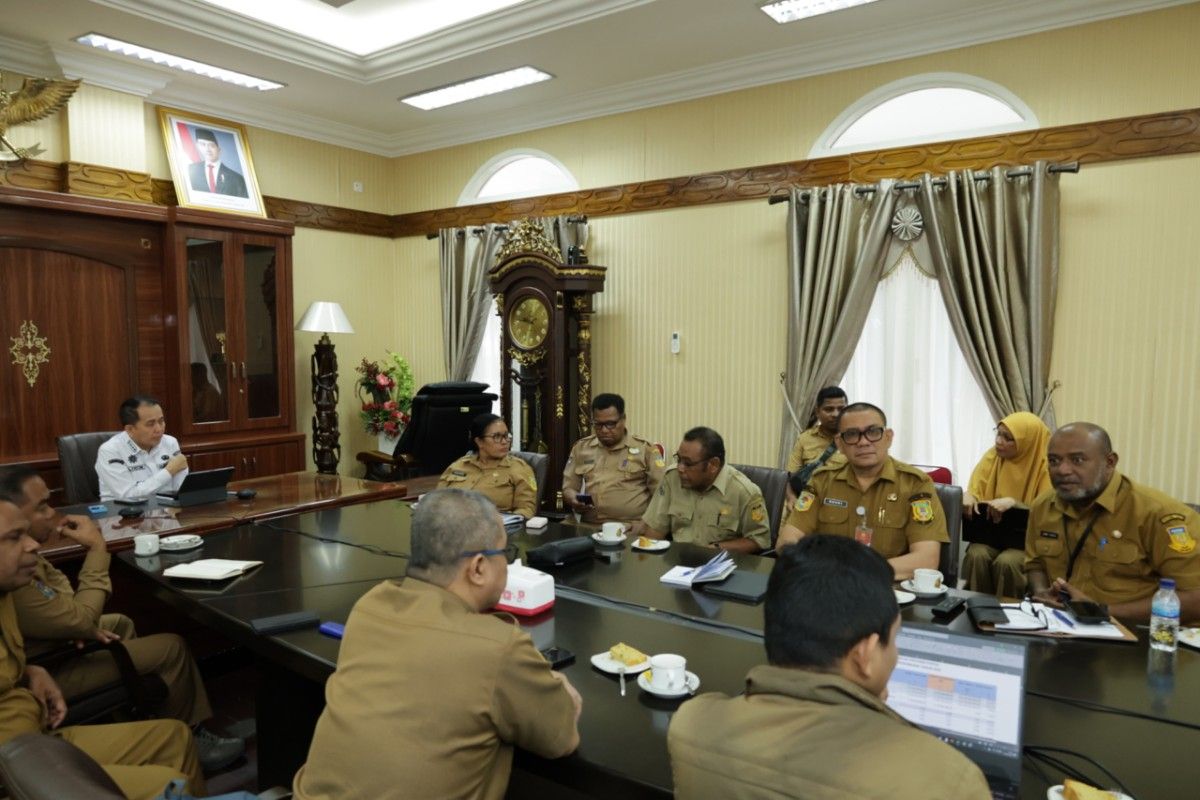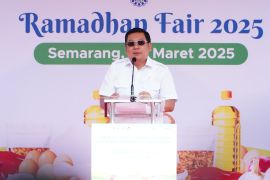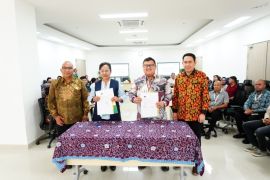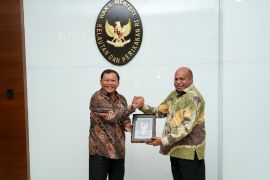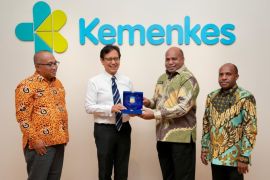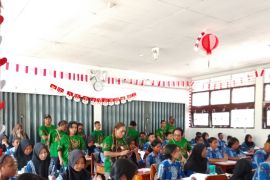“According to data from Statistics Indonesia (BPS), Papua’s consumer price index (CPI) recorded a month-to-month deflation of minus 0.93 percent in August 2025. On a year-on-year basis, the province saw an inflation rate of 0.54 percent,” Agus said in Jayapura on Wednesday.
He explained that the August deflation was influenced by several commodities and tariffs, including airfares, tuna, tomatoes, mumar fish, areca nut, kawalina fish, water spinach, skipjack tuna, senior high school fees, university tuition, gasoline, and mobile phones.
“This CPI figure for August 2025 is a good achievement, but it must continue to be monitored to ensure both prices and people’s purchasing power remain stable,” he noted.
Agus said the results reflect the government’s consistency in maintaining price stability in Papua.
He emphasized that efforts must continue, including expanding GPM implementation by holding affordable food events simultaneously in 18 sub-districts across nine districts and cities in Papua.
He added that GPM not only ensures food availability and affordability but also helps communities obtain products at lower prices.
“With this condition, we are optimistic that prices will remain under control and inter-regional cooperation will be strengthened. Regular affordable food markets will support price stability while safeguarding public purchasing power,” he said.
The Affordable Food Movement (GPM) aims to guarantee affordable access to food for the public through collaboration between the government and food producers. The program seeks to keep prices of essential items such as rice, sugar, cooking oil, shallots, and garlic under control.
GPM serves as one of the government’s instruments to maintain food supply and price stability in an effort to curb inflation, particularly food-related inflation.
Its implementation involves the National Food Agency (Bapanas) working with provincial and district food agencies, local government bodies, food business associations, community organizations, and other stakeholders.
Food supply sources for GPM come from farmers’ groups, associations, food distributors, state-owned food enterprises such as Perum BULOG and ID FOOD, regional-owned food companies, and other food business operators.
Related news: Jayawijaya police-Bulog distribute affordable rice to stabilize prices
Related news: Minister Hasan shares strategy for food self-sufficiency
Related news: West Papua allocates 14 tons of rice for 2024 food security reserve
Translator: Primayanti
Editor: Azis Kurmala
Copyright © ANTARA 2025
